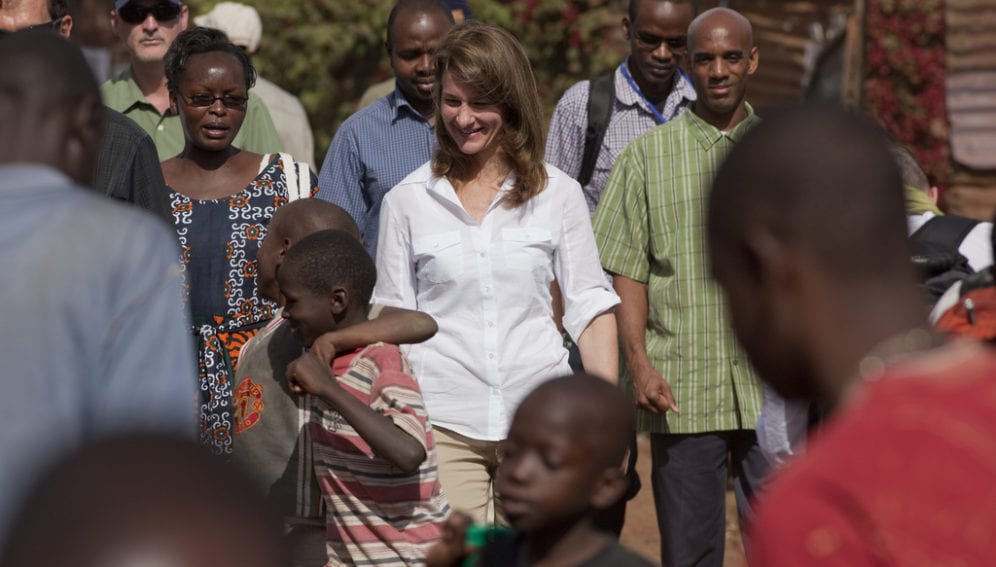By: Imogen Mathers
Send to a friend
The details you provide on this page will not be used to send unsolicited email, and will not be sold to a 3rd party. See privacy policy.
The Global Burden of Disease (GBD) Study 2010, launched last December, brought unparalleled access to analyses of health and mortality trends spanning two decades. But hurdles remain in ensuring the accessibility and usefulness of data for policymakers in the global South.
On 5 March, the GBD 2010 consortium, led by the Institute for Health Metrics and Evaluation at the University of Washington, is set to publish its health estimates for individual countries, adding further nuance to the health datasets for 21 world regions published in December's study.
The Bill & Melinda Gates Foundation, which funds the study, will also unveil plans for what has been dubbed 'GBD 2.0'. This includes funding data collection and analysis to take place at least every year, transforming the GBD project from a one-off study into an ongoing worldwide observatory for mortality and health.
But making this vast labyrinth of data accessible to policymakers in developing countries remains a major challenge.
"How can we translate and allow people to interpret and play with the data so that they feel comfortable that it is meaningful?" Mickey Chopra, chief of health at UNICEF (the UN Children's Fund), asked during the GBD launch.
Jane Halton, secretary of Australia's Department of Health, stressed the need to "get the data out of the academic context and into the world so that it's used in a meaningful way and helps the people we are trying to reach out to".
This view was supported by Christine Sata, obstetrician and First Lady of Zambia, who emphasised the need to "bundle the findings in a language that is going to be understood by policymakers" in Sub-Saharan Africa and across the wider developing world.
Another challenge is dealing with discrepancies in data interpretation. This has already caused friction between the study's authors: the WHO staff who took part in the study were later banned by the WHO from appearing as authors due to different estimates emerging from different groups' modelling studies.
Evidence of rifts also emerged at a Global Health Lab discussion at the London School of Hygiene & Tropical Medicine (LSHTM), United Kingdom, earlier this month (5 February).
Charlotte Watts, professor of gender, violence and health at the LSHTM and chair of one of the GBD working groups, stressed the need for more transparency in the study's management and methods, and for critical decisions over its ownership and future to be made.
GBD participants reconvened in a bid to resolve some of these issues and debate how to help governments translate data into effective health policy, at a meeting hosted by the WHO in Geneva, Switzerland, last week (13-14 February).
Again, the focus was on the need to help governments in developing countries strengthen systems for monitoring health and mortality trends.
A draft recommendation from the meeting says that, while "considerable progress has been made in the field of global health estimation methods, much work remains to be done to strengthen country data and capacity, improve transparency, and allow debate on methods".
Participants stressed the need to forge a "solid empirical basis for monitoring health trends" and proposed specific mechanisms for this.
But the proposals also added that international support to help countries analyse data "should be a priority". This would be underpinned by improving access to user-friendly estimation tools and training materials, and building networks of collaborating centres.
Richard Horton, editor of The Lancet, said the Geneva meeting was "an extremely good process" involving "excellent proposals for the future".
Link to the December GBD study in The Lancet
See below for a video about GBD 2010:














